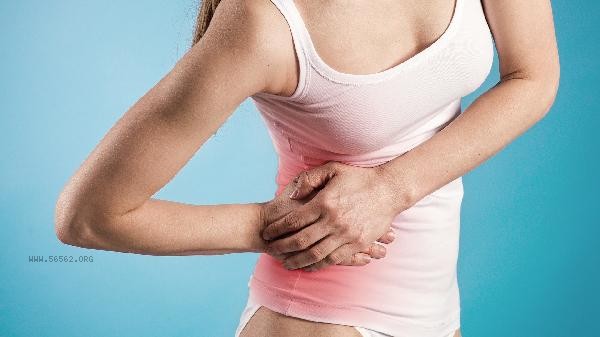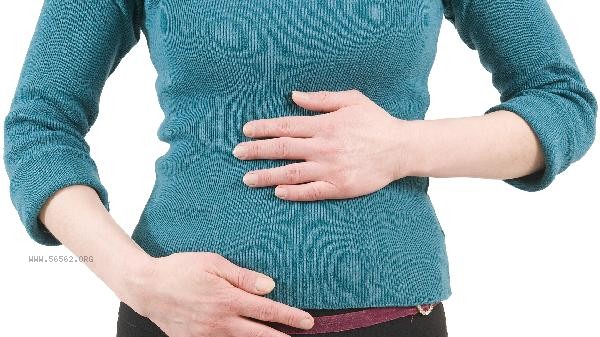A total cholesterol level of over 9 in women may be related to genetic factors, improper diet, lack of exercise, hypothyroidism, liver disease, and other factors. The normal value of total cholesterol should be below 5.2mmol/L, with a significant increase at around 9 points, and intervention is needed through adjusting diet, increasing exercise, medication treatment, and other methods.

1. Genetic factors
Familial hypercholesterolemia may lead to abnormal cholesterol metabolism, manifested as a significant increase in total cholesterol. These patients are usually accompanied by skin xanthomas or early-onset cardiovascular disease. It is recommended to undergo genetic testing to confirm the diagnosis, and to use lipid-lowering drugs such as atorvastatin calcium tablets and rosuvastatin calcium tablets under the guidance of a doctor.
2. Improper diet
Long term intake of high-fat and high cholesterol foods such as animal organs and fried foods can increase cholesterol synthesis. Lack of dietary fiber intake can also affect cholesterol excretion. This situation requires reducing saturated fat intake and increasing foods rich in soluble dietary fiber such as oats and apples.
3. Lack of exercise
Prolonged sitting can lead to an increase in low-density lipoprotein cholesterol and a decrease in high-density lipoprotein cholesterol. Regular aerobic exercise such as brisk walking, swimming, etc. for at least 150 minutes per week can help improve blood lipid metabolism. When exercising, one should pay attention to gradual progress and avoid sudden intense exercise.

4. Hypothyroidism
Insufficient thyroid hormones can reduce the activity of low-density lipoprotein receptors, leading to reduced cholesterol clearance. Patients may have symptoms such as fatigue, fear of cold, and weight gain. Thyroid function needs to be checked, and after diagnosis, levothyroxine sodium tablets should be taken as replacement therapy according to medical advice.
5. Liver disease
Cholestasis liver disease can affect cholesterol excretion, leading to an increase in blood cholesterol. May be accompanied by symptoms such as skin itching and jaundice. It is necessary to improve liver function, abdominal ultrasound, and other examinations. While treating the primary disease, bile acid binding resins such as colexamide powder may also be needed.

Most of the 9 points of total cholesterol are seriously elevated, which will increase the risk of atherosclerosis, coronary heart disease and other diseases. In addition to following medical advice for treatment, it is important to maintain a low cholesterol diet and limit daily cholesterol intake to no more than 300mg. When cooking, use vegetable oil and avoid animal oil. Moderate consumption of deep-sea fish to supplement unsaturated fatty acids. Quit smoking, limit alcohol consumption, and maintain a regular schedule. Regularly monitor blood lipid levels, and seek medical attention promptly if symptoms such as chest tightness and dizziness occur.









Comments (0)
Leave a Comment
No comments yet
Be the first to share your thoughts!